Real Estate marketing that works.
We are your source for effective Realtor marketing.
Real Estate Marketing Services
Social Media
Real estate social media marketing has revolutionized the way properties are showcased and agents connect with potential clients. Social media marketing for realtors provides an unparalleled platform to display listings, share market insights, and build lasting client relationships. Leveraging these digital channels effectively, social media marketing for real estate agents ensures amplified property visibility and positions agents as industry trendsetters in a digitally-driven market landscape.
Branding
Real estate branding is pivotal in carving a distinct identity in the competitive property market. By focusing on consistency, authenticity, and differentiation, real estate branding elevates an agent's or agency's profile, ensuring they're top-of-mind for potential clients. As the foundation for all marketing endeavors, robust real estate branding builds trust, fosters recognition, and drives client loyalty.
Websites
A real estate agent website is an essential tool for modern professionals seeking to showcase properties and establish their digital footprint. Tailored to highlight listings, client testimonials, and market insights, a compelling real estate agent website acts as a virtual storefront, attracting potential buyers and sellers. In the digital age, having a responsive and user-friendly real estate agent website is paramount to success and credibility in the industry.
Design
In the realm of real estate marketing, design plays a pivotal role in capturing attention. Real estate postcards, flyers, and realtor postcards need to be visually compelling to stand out in the sea of real estate advertising. With well-designed real estate mailers and direct mail campaigns, agents can effectively reach potential clients, making a lasting impression and driving engagement.
Email Marketing
In the sphere of digital real estate marketing, email campaigns are a powerful tool for agents to maintain direct communication with their audience. A proficient real estate digital marketing agency can curate tailored email content that resonates with potential buyers and sellers. By integrating effective strategies of real estate digital marketing, agents can nurture leads, provide valuable insights, and stay top-of-mind for their clientele.
Property Descriptions
Property descriptions play a vital role in effective property marketing, offering potential buyers a vivid snapshot of what a home has to offer. Crafting compelling, detailed, and accurate narratives can significantly elevate the appeal of a listing in the competitive real estate landscape. A well-articulated property description can be the distinguishing factor in successful property marketing, ensuring properties capture attention and resonate with target audiences.

Let us help you!
Real estate marketing is our niche. From property descriptions to PR, and everything in between – we can help.

Frequently Asked Questions
Here are answers to some commonly asked questions about real estate marketing.
What does real estate marketing do?
Real estate marketing elevates property visibility, connects agents with potential buyers and sellers, and amplifies an agent’s brand in the competitive marketplace. By integrating strategies from digital advertising, social media promotions, and content creation, it ensures properties reach their target audience efficiently. Through these optimized tactics, real estate marketing not only showcases properties but also establishes agents as trusted industry experts, driving higher engagement and sales.
What kind of marketing is best for real estate?
The best marketing for real estate combines digital and traditional strategies. Digital avenues, such as search engine optimization (SEO), pay-per-click (PPC) advertising, and social media promotions, ensure maximum online visibility. Meanwhile, traditional methods, like open houses, signage, and direct mail campaigns, offer tangible touchpoints with potential clients. Integrating both provides a comprehensive approach, catering to diverse audiences and maximizing property exposure in the competitive real estate landscape.
What are the 4 P's of marketing in real estate?
The 4 P’s of marketing in real estate are Product, Price, Place, and Promotion. The “Product” refers to the property itself, including its features and benefits. “Price” considers the valuation of the property, taking into account market trends and comparatives. “Place” encompasses the location of the property and its appeal to potential buyers or renters. Lastly, “Promotion” involves the strategies and channels used to advertise and showcase the property, such as digital marketing, traditional advertising, and open houses. Together, these elements form the cornerstone of effective real estate marketing.
How to do marketing for a real estate agent?
To market for a real estate agent, start by establishing a strong online presence with a professional website optimized for search engines. Utilize social media platforms to showcase properties, share industry insights, and engage with potential clients. Incorporate high-quality photos and virtual tours for listings, and leverage email marketing for personalized client outreach. Traditional methods, like networking events, open houses, and print advertising, remain vital. Consistently gather and showcase client testimonials for credibility. By merging digital and traditional strategies, agents can effectively reach their target audience and stand out in the competitive real estate market.
How much should you spend on real estate marketing?
The amount to spend on real estate marketing varies based on goals, market conditions, and the agent’s portfolio size. Typically, agents allocate 10-15% of their expected gross commission income to marketing efforts. It’s essential to diversify investments across digital platforms, social media promotions, traditional advertising, and branding materials. By regularly evaluating the return on investment (ROI) from different channels, agents can adjust their budget to maximize efficiency and reach in the dynamic real estate market.
How do you get leads in real estate?
To secure leads in real estate, implement a multifaceted approach: Optimize your website for search engines to attract organic traffic. Engage with potential clients on social media platforms and invest in targeted ads. Utilize email marketing campaigns, host regular open houses, and network within your community. Leverage customer testimonials and referrals to build credibility. Additionally, consider pay-per-click advertising and partnering with local businesses to expand your reach. Consistency and adaptability are key in the ever-evolving real estate landscape to effectively generate and nurture leads.
What are the 7 elements of the marketing mix in real estate?
The 7 elements of the marketing mix in real estate, often referred to as the 7 P’s, are Product, Price, Place, Promotion, People, Process, and Physical Evidence. “Product” represents the property’s features and benefits. “Price” determines the property’s value, factoring in market conditions. “Place” focuses on the property’s location and distribution channels. “Promotion” involves advertising strategies, both digital and traditional. “People” refers to the agents, support staff, and clients involved. “Process” addresses the transaction procedures and client journey, while “Physical Evidence” encapsulates tangible proofs like property brochures, contracts, and branding materials, ensuring trust and credibility in the real estate market.
How to do digital marketing for real estate?
For effective digital marketing in real estate, begin by crafting a user-friendly, mobile-optimized website with SEO-rich content. Incorporate high-resolution property images and virtual tours. Engage audiences on social media platforms, sharing listings, market insights, and client testimonials. Invest in targeted pay-per-click (PPC) ads and retargeting campaigns to reach potential clients. Utilize email marketing for personalized outreach and regular updates. Monitor analytics to evaluate campaign performance, refining strategies for optimum engagement and lead conversion in the competitive real estate digital landscape.
Where do most realtors get their leads?
Most realtors secure leads from a combination of online and offline sources. Digital channels, including optimized websites, social media engagement, and pay-per-click ads, play a significant role in lead generation. Simultaneously, traditional methods like referrals, open houses, local networking events, and word-of-mouth recommendations remain pivotal. An agent’s reputation, client testimonials, and community involvement further enhance lead acquisition in the competitive real estate industry.
How to get real estate listings without cold calling?
To obtain real estate listings without cold calling, focus on inbound marketing techniques. Optimize your website for search engines, ensuring it showcases client testimonials and high-quality property images. Engage actively on social media, sharing informative content and market insights. Host educational webinars or local workshops for home sellers. Attend networking events and build relationships within the community. Encourage satisfied clients to refer you, and consider collaborations with local businesses. Leveraging these strategies, realtors can attract potential sellers organically in the evolving real estate landscape.
How do I get seller leads online?
To obtain seller leads online, prioritize a strong digital presence. Create an SEO-friendly website highlighting your expertise and past successes. Employ targeted pay-per-click (PPC) ads and retargeting campaigns. Engage on social media, sharing valuable content tailored for potential sellers, like home valuation tools and market trends. Launch email marketing campaigns with informative content for homeowners considering selling. Also, consider hosting webinars or online seminars discussing the selling process. By effectively harnessing online platforms and offering genuine value, you can attract and convert potential seller leads in the digital real estate space.
What are the 3 best ways an estate agent can market themselves and why?
The 3 best ways an estate agent can market themselves are:
1. Digital Presence & SEO: Establishing a user-friendly, mobile-optimized website enriched with SEO techniques ensures higher visibility on search engines, attracting potential clients. This approach not only showcases listings but also positions the agent as an industry authority.
2. Social Media Engagement: Active participation on platforms like Instagram, Facebook, and LinkedIn allows agents to connect directly with their audience. Sharing market insights, property tours, and client testimonials builds trust and fosters community engagement.
3. Client Referrals & Testimonials: Word-of-mouth remains one of the most effective marketing tools. Encouraging satisfied clients to share their positive experiences boosts credibility and generates organic leads.
These strategies, when integrated, offer a holistic approach, optimizing reach and conversion in the competitive real estate market.
How do real estate agents stand out?
Real estate agents stand out by establishing a distinct personal brand, consistently delivering exceptional client service, and leveraging both traditional and digital marketing strategies. Engaging content, from insightful blogs to dynamic property video tours, and an active presence on social media platforms help agents resonate with their target audience. Moreover, genuine client testimonials, community involvement, and continuous professional development further differentiate agents in the competitive real estate landscape.